|
|
Source |
||||
|
CWGC |
SDGW |
Uttoxeter Advertiser |
Other |
||
|
Parents |
Henry Abud, Vicar Uttoxeter |
NA |
NA |
|
|
|
Where born |
The Vicarage, Church Street, Uttoxeter |
3b |
|
||
|
When born |
13th June 1858 |
|
12 |
||
|
Address |
The Vicarage, Church Street, Uttoxeter (his parents lived here for 50 years) |
3b |
|
||
|
Spouse |
Yes (deceased at the time of his death) |
3b |
|
||
|
Children |
At least 1 daughter (died in infancy) |
|
|
||
|
Employment Before Joining up |
Indian Staff Corps (Lieutenant Colonel retired) and the Indian Service, |
|
|
||
|
Organisation |
British Red Cross Society |
|
|
||
|
Rank |
Lieutenant- |
3a |
|
||
|
Service Number |
NA |
|
|
||
|
Date of Death |
29 August 1915 |
3a |
1 |
||
|
Age at time of death |
57 |
3a |
|
||
|
Where Killed or died |
Bexhill- |
3a,3b |
|
||
|
How he died |
Illness – pneumonia resulting from Bronchitis, contracted through exposure to severe weather at the front line throughout the winter of 1914/1915 |
3b |
|
||
|
Location of Grave or Memorial |
St. Mary’s Churchyard, Uttoxeter, in the family vault, alongside his wife, daughter and parents |
|
|
||
|
Awards |
|
|
|
||
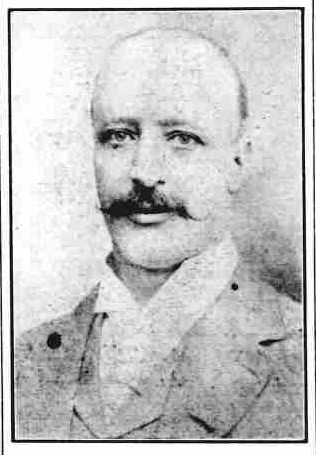
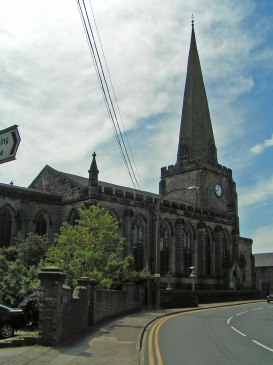
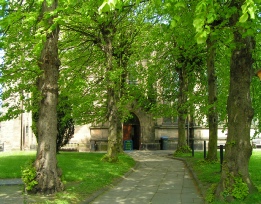
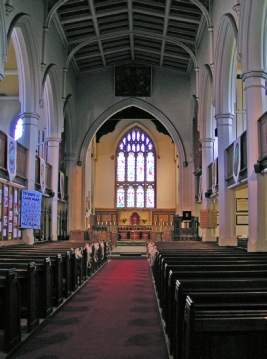
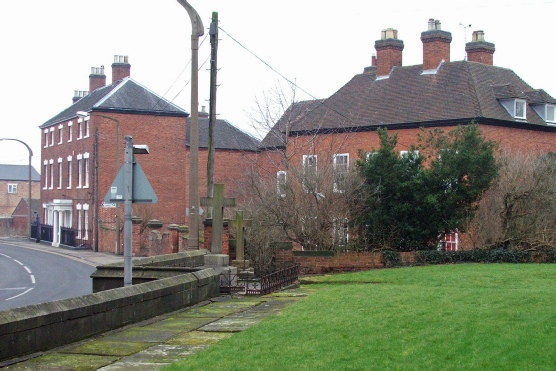
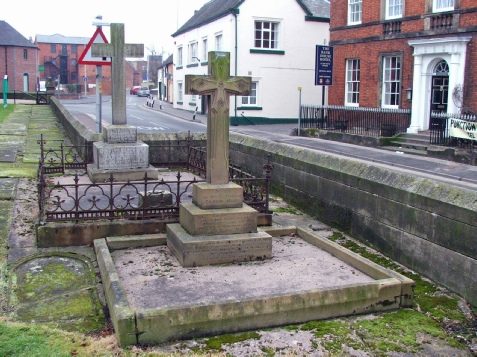
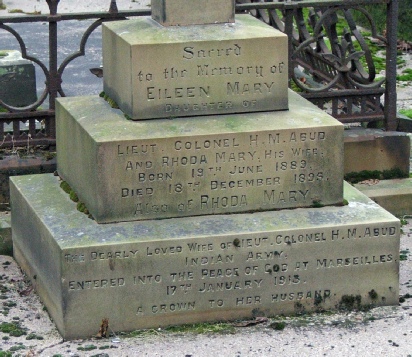
 Back to "A"
Surname Index
Home Page
Next Entry
Back to "A"
Surname Index
Home Page
Next Entry